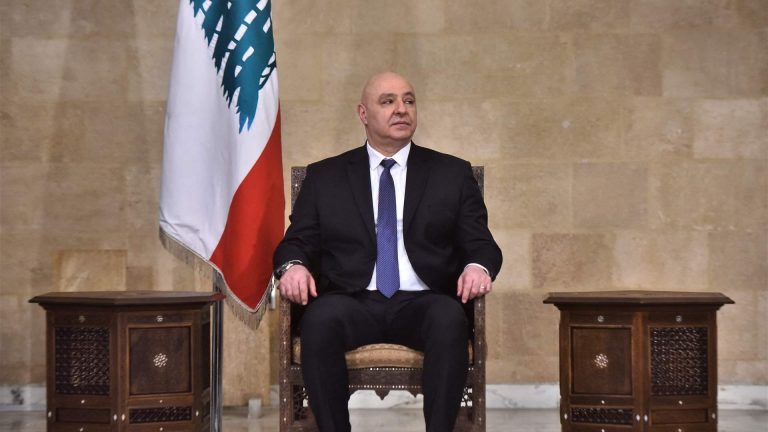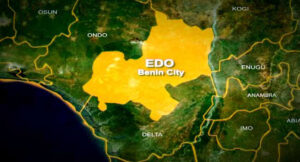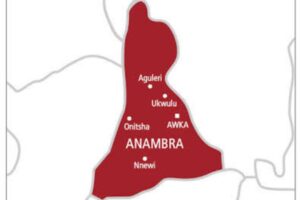Cooking gas price jumps 105% in 12 months
The average retail price for refilling a 5kg cylinder of Liquefied Petroleum Gas (cooking gas) increased by 105 per cent within the last twelve months.
This follows an increase from N2200 in August 2021 to N4500 in August 2022, indicating a 105 per cent increase over the period.
The exponential increase in the price of cooking gas also follows a similar trend with other deregulated petroleum products such as kerosene and diesel, which have also recorded significant spikes this year.
It was reported that the price of kerosene used by several families have jumped to N800 per litre just as the market is beginning to adjust to the newly increased petrol and gas prices.
A market survey conducted by our correspondent showed that one litre of cooking kerosene, which sold earlier for N700, now sells for between N800 and N850 in urban parts of Lagos State, while the price has hit as high as N1000 per litre in suburb areas at filling stations.
In the same vein, the price of diesel continues to maintain an all-time high of between N750 to N800.
According to the all items index of the latest Commodity Price Index (inflation report), the highest increases were recorded in prices of gas, followed by liquid fuel, solid fuel, garments, passenger transport by road, cleaning, repair and hire of clothing as well as passenger travel by air.
Speaking in an exclusive interview with our correspondent, an energy expert, Bala Zakka, blamed the sharp increase in the price of cooking gas on poor decision-making on the part of policy makers.
He said, “The reason is very simple and straightforward. The model the Nigerian leaders, in this case our economic and political leaders, are using for the downstream sector of the Nigerian oil and gas industry is very wrong. It is a wrong model. That is the simple reason. The answers are not far-fetched. Why is cooking gas not this expensive and inaccessible in other OPEC member countries and other gas exporting fora (Gas Exporting Countries Forum)?
“From natural gas, you can always get cooking gas, by the time you treat it. When you refine crude oil, the first product that will come out is LPG. In all the OPEC member countries that produce crude oil and have functional refineries, they are not complaining about cooking gas. It’s not part of their problem. The only countries that are complaining today are countries that do not have oil and gas.”
According to him, under ideal circumstances, the price of a kilo of cooking gas in Nigeria should not exceed N100, as was obtainable in other countries with abundance of oil and gas deposits.
“In Nigeria, the government does not believe that it is supposed to provide goods and services to the people at a reasonable rate. The government inserted a clause in the Petroleum Industry Bill that they want to deregulate. How can you deregulate the price of a sensitive product like refined petroleum products? How can you deregulate the price of products that do not have substitutes? Had it been cooking gas or kerosene had alternatives, then people would not bother. Now, everybody is feeling the demonic effect of what deregulation is all about. The price of kerosene has been deregulated and we are seeing the consequence. The price of diesel is deregulated and we are seeing the consequence on strategic industrial and commercial sectors.”
Also speaking, an Associate Professor of Economics at the Pan-Atlantic University, Lagos, Olalekan Aworinde, said the continuous increase in the price of cooking gas would push the product, which is a basic necessity, beyond the reach of many. He added that the resultant effect would be increased poverty across the country.
Aworinde said, “If you look at it critically, for people who run restaurants, their cost of production would have increased because they use gas to cook. So, they are likely going to reduce the quality and the quantity of the food that they serve people, and that tells you that the standard of living is likely going to drop. We are also likely going to see a higher level of poverty. You discover that people that were managing to buy cooking gas may not be able to afford it, and at the end of the day, some are likely going to go back to old norms. Using kerosene is not cheap right now.”
A businessman dealing in gas, who identified himself as Victor, told our correspondent that despite the high cost of the product, profit margins were higher than when cooking gas sold for N300 per kilo.
He said, “Every time we go to refill, the price goes up. I was selling for N850 per kilo before, but when I went to refill just today, the price went up again. So, I’m now selling for N900 per kilo.”












Post Comment